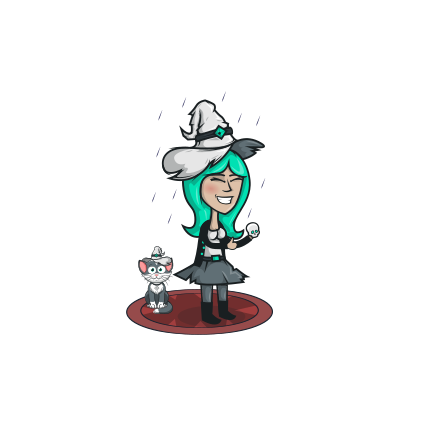1 rok temu
In the vast and ever-evolving landscape of online gaming, one platform has captured the imaginations of millions, providing a canvas for creativity, a playground for social interaction, and a realm of endless possibilities. Roblox, a name now synonymous with virtual adventures and user-generated content, has emerged as a cultural phenomenon over the past two decades. From its humble beginnings as a small startup to its current status as a global gaming juggernaut, the history of Roblox is a remarkable journey that mirrors the evolution of digital entertainment itself.
As we delve into the annals of this gaming empire, we uncover a tale of innovation, persistence, and community-driven growth. From its inception in 2004 to its meteoric rise in the 2020s, Roblox's history is replete with milestones that have shaped not only the platform but also the way we perceive online gaming and virtual social spaces.
Join us on a captivating journey through time, as we explore the origins, key developments, and pivotal moments in the history of Roblox. From the minds of two visionary creators to a sprawling metaverse with millions of active users, this article will unravel the captivating story behind Roblox's ascent to prominence, shedding light on the unique blend of technology, creativity, and community that has fueled its remarkable success.
In the world of online gaming, where imagination knows no bounds, Roblox stands as a shining example of what happens when creativity meets innovation. Its history is an inspiring journey that has reshaped the way we experience virtual worlds. From its humble beginnings to becoming a global gaming phenomenon, Roblox's evolution is nothing short of extraordinary.
The Genesis: 2004-2006
Roblox was conceived by David Baszucki and Erik Cassel in 2004, under the name DynaBlocks. Their vision was simple yet revolutionary: to create a platform where players could build and share their own games. In 2005, DynaBlocks underwent a transformation and was reborn as Roblox, a fusion of "robots" and "blocks." The name change symbolized its transition from a physics-based sandbox to a more versatile platform.
2006-2010: Laying the Foundation
The early years saw Roblox refining its tools and features, enabling users to design and build their own virtual worlds using the platform's proprietary programming language, Lua. The introduction of virtual currency, Robux, in 2007 allowed creators to monetize their creations, setting the stage for a vibrant developer community.
2010-2014: Building a Community
Roblox's community started to flourish, and millions of user-generated games began populating the platform. The introduction of game badges, VIP servers, and the virtual catalog provided new incentives for both players and creators. Roblox was no longer just a game; it was an ecosystem where creativity was rewarded.
2015-2018: Going Global
Roblox expanded its reach internationally, becoming available in multiple languages. The introduction of the Developer Exchange program allowed talented creators to convert their Robux earnings into real currency, fostering even greater innovation. As the player base grew, Roblox began to host annual events like the Bloxys and the Roblox Developer Conference.
2019-2021: Explosive Growth
Roblox experienced exponential growth in the late 2010s. The platform attracted major investors and game developers, further enhancing its appeal. Roblox Corporation went public in March 2021, solidifying its status as a global gaming powerhouse.
The Present: A Metaverse in the Making
As of 2023, Roblox is no longer just a gaming platform; it's a thriving metaverse. With millions of active users and a diverse range of experiences from obstacle courses to virtual concerts, Roblox has transcended traditional gaming. It has become a place for social interaction, learning, and even business endeavors.
Roblox's success lies in its commitment to providing tools for creators, nurturing a passionate community, and constantly evolving to meet the demands of its users. Its impact extends beyond gaming, influencing how we think about virtual spaces and user-generated content.
In conclusion, Roblox's history is a testament to the power of imagination and innovation in the digital age. From a simple idea in 2004 to a global metaverse in 2023, Roblox has changed the way we play, interact, and create online. Its story continues to unfold, promising even more exciting chapters in the years to come, as it remains a dynamic force in the world of virtual experiences.









